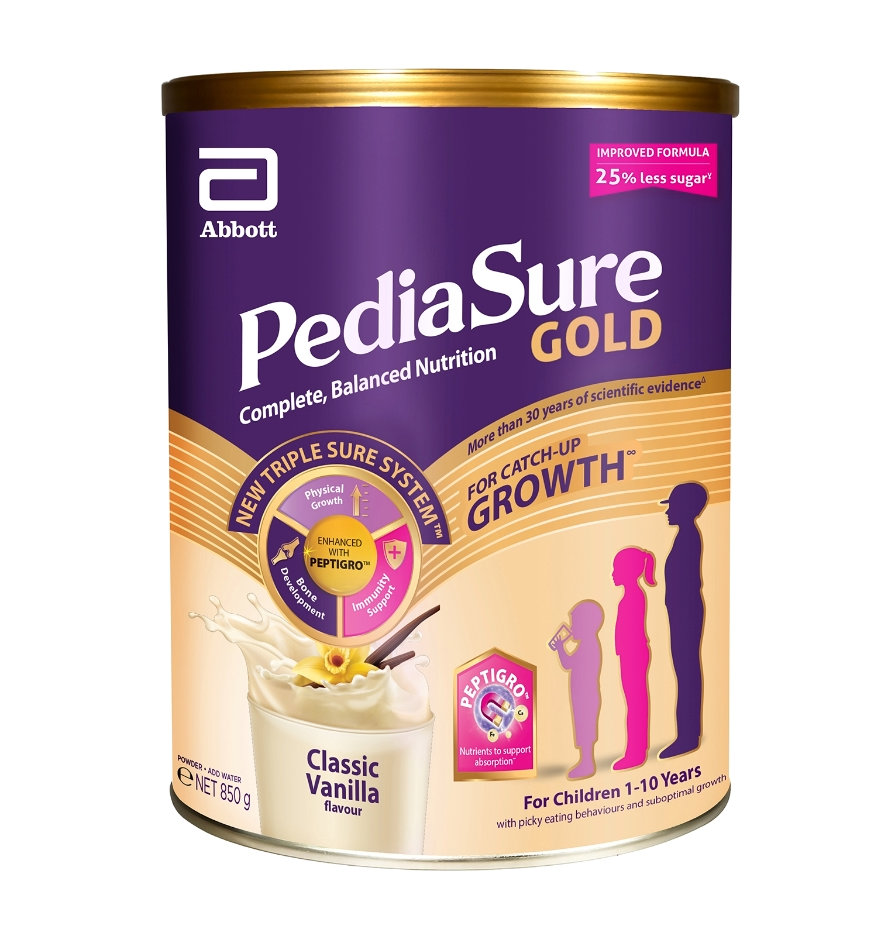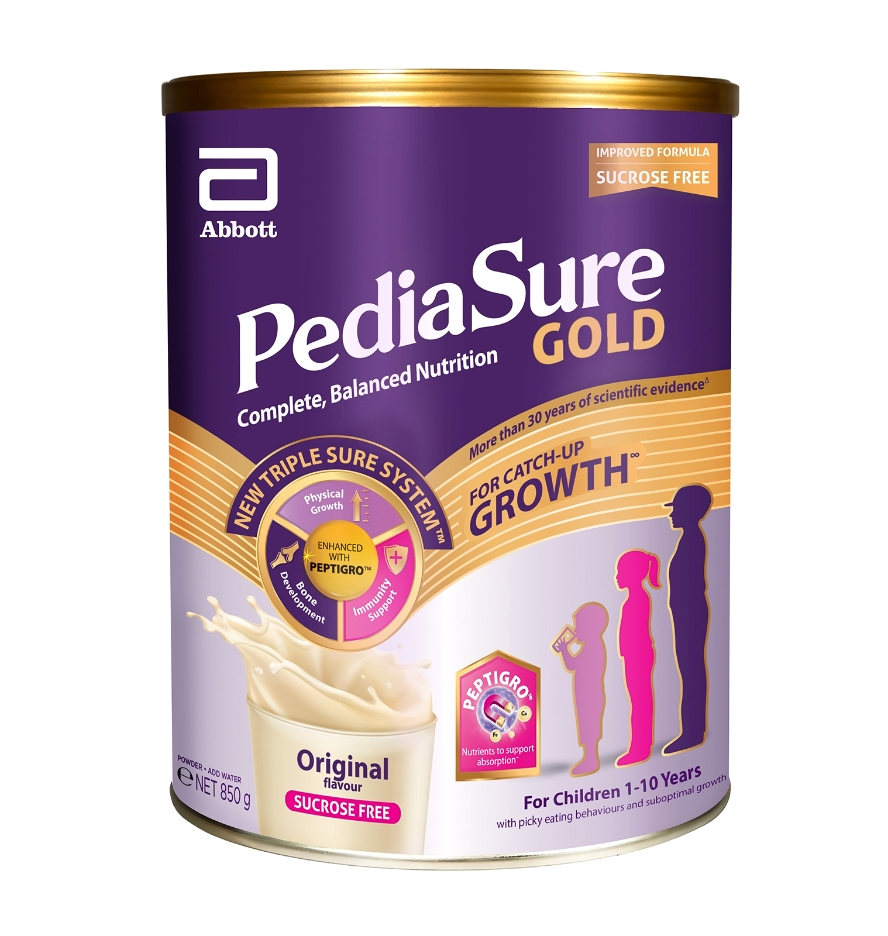Probiotics exert benefits by interacting with the human host on different levels
First, in the gut lumen, probiotics compete with “bad” bacteria for the attachment to gut wall. They can not only to displace, but also suppress the growth of “bad” bacteria by releasing a variety of substances and by changing the acid-base balance (i.e. pH) in the gut.
Second, probiotics interact with gut cells to support proper gut barrier function. When gut barrier works well, it lets only essential nutrients in, while restricting the entry of bacterial toxins and pathogens.
Third point of connection between probiotics and the human host is the immune system. 70% of all immune cells in our body are embedded in the gut wall. Probiotics send signals that educate the immune system and optimize its responses. This helps to reduce the risk of allergic reactions and level of inflammation in the body. 2
Fourth level of interaction might seem very surprising. Probiotics release signals and messengers which can reach even human’s brain! This may help to optimize neurodevelopment and enhance cognitive function.








